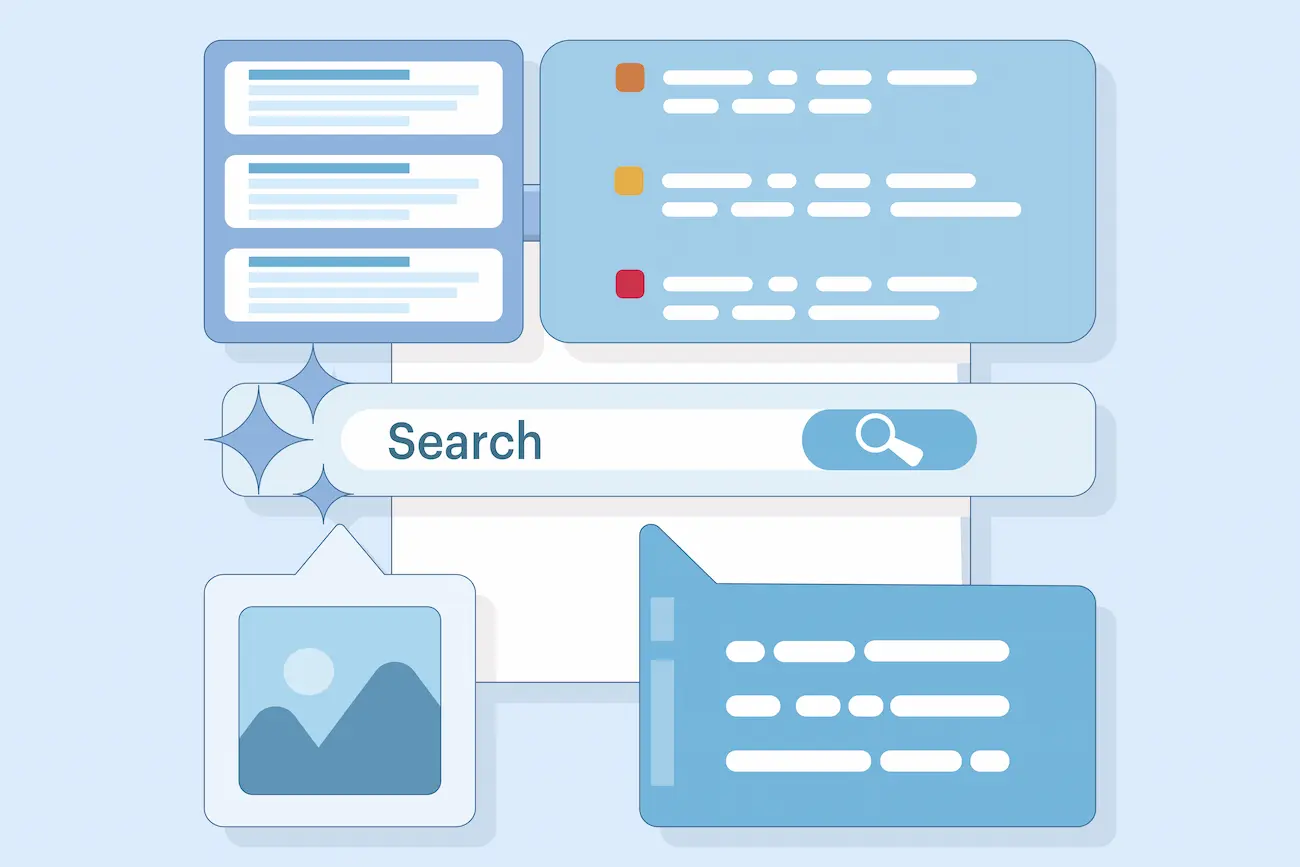How to Start a Digital Marketing Business: 8 Essential Steps

Are you ready to dive into the exciting world of digital marketing and start your own business? With the increasing demand for digital marketing services, there has never been a better time to take the plunge and become an entrepreneur in this field. In this guide, we will walk you through the 8 steps to starting a digital marketing business so you can move forward with the tools for success!
Step 1: Pinpoint Your Focus
The first step in starting a digital marketing business is to define your niche. With the vast array of digital marketing services available, it's important to specialize in a specific area to differentiate yourself from the competition. Consider your strengths, interests, and expertise to determine the niche that aligns with your skills and passion. Whether it's SEO, paid media, or content marketing, choosing a specialization allows you to position yourself as a real expert and get clients who are looking for specialized services.
For example, at PBJ, our bread and butter is paid media and SEO.
Step 2: Develop a Business Plan
Once you have defined your niche, it's time to develop a solid business plan. This plan serves as a roadmap for your digital marketing business and outlines your goals, strategies, and financial projections. It should include an overview of your agency, a description of your target market, details about your services, marketing and sales strategies, organizational structure, and financial forecast. A well-crafted business plan will guide you in making informed decisions and help you stay focused on your goals.
Step 3: Set Up Your Legal Structure and Register Your Business
Setting up a legal structure and registering your business is essential to protect your interests and establish credibility with clients. Choose a distinctive name for your digital marketing agency and register it with the appropriate authorities.
Decide on the most suitable legal structure for your company, such as sole proprietorship, partnership, LLC, or corporation, and comply with all legal requirements. Create comprehensive contracts and legal agreements to govern your relationships with clients, vendors, and employees. And remember to set up accounting systems to track your finances and ensure compliance with tax regulations.
Step 4: Build Your Team
Building a talented team is crucial for the success of your digital marketing business. Identify the key roles you need to fill, such as digital marketing specialists, project managers, content creators, and web designers. Define the skills and experience required for each role and recruit top talent who share your agency's values and vision. Foster a collaborative culture, provide competitive compensation and benefits, and invest in training and development to nurture a high-performing team.
Step 5: Define Services and Pricing
Clearly define the services you will offer to clients and determine your pricing structure. Consider the market dynamics, your agency's capabilities, and the value you provide to clients. Research market rates and competitors' pricing to ensure your prices are competitive. You may choose to offer different packages or customize your services based on clients' specific needs. Remember, your pricing should reflect the value you deliver and be a direct reflection of the expertise and quality of your services. Over or underselling yourselves can be detrimental to your company’s credibility.
Step 6: Set Up Your Online Presence
Establishing a strong online presence is crucial for attracting clients and showcasing your expertise. Create a professional website that reflects your brand and showcases your services. Optimize your website for search engines to improve your visibility in search results. Leverage social media platforms to engage with your target audience and build brand awareness. Develop a content marketing strategy to provide valuable insights and position yourself as a leader in your niche. Building an online presence will help you establish credibility and attract clients to your digital marketing business.
Step 7: Get the Latest Tools and Technology
Equipping your digital marketing business with the right tools and technology is essential for delivering high-quality services and staying ahead of the competition. Evaluate the specific needs of your agency based on your service offerings and internal processes. Then identify which tools and technologies can help to enhance efficiency, productivity, and client deliverables. Whether it's project management software, analytics tools, or social media scheduling platforms, invest in the latest tools that align with your business goals and help you deliver exceptional results to your clients.
Step 8: Develop Strategic Partnerships
Developing strategic partnerships can help you expand your network, offer comprehensive solutions to clients, and enhance your brand reputation. Identify businesses or professionals that offer complementary services to your digital marketing agency. Look for synergies where both parties can benefit from collaboration.
For example, partnering with web design agencies, content creators, or PR firms can enhance your agency's capabilities and provide clients with a one-stop solution for their digital marketing needs. Cultivate strong relationships with your partners and explore opportunities for joint marketing efforts and referrals.
Start Building Your Brand Today!
Starting a digital marketing business requires careful planning, a deep understanding of the industry, and a relentless commitment to delivering exceptional results. Following these eight steps, you will be well-equipped to launch and grow a successful digital marketing agency. Remember to stay adaptable, continuously learn, and evolve with the ever-changing digital landscape.





